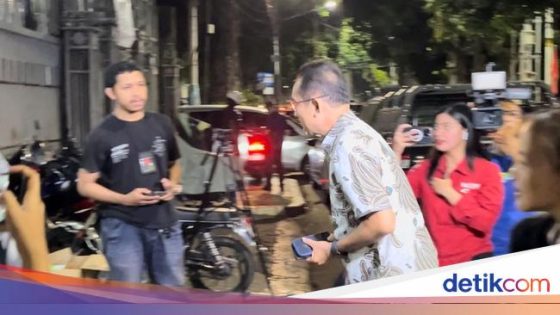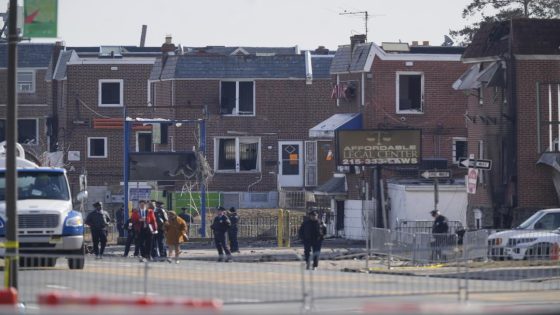On February 23, 2025, several key figures from the Indonesian Democratic Party of Struggle (PDIP) gathered at the residence of party leader Megawati Soekarnoputri. This surge of activity raises questions about the party’s direction amid recent challenges. What could this mean for PDIP’s future?
- Ahmad Basarah visits Megawati's residence
- Yasonna Laoly also attends the meeting
- Rudianto Tjen arrives later in batik attire
- PDIP leadership gathers after retreat postponement
- Hasto Kristiyanto detained as a suspect
- Megawati issues instructions via electronic document
Key PDIP Leaders Gather at Megawati’s Residence Amid Political Uncertainty
Why are so many PDIP elites visiting Megawati Soekarnoputri’s home? The recent detention of Secretary-General Hasto Kristiyanto has prompted urgent discussions among party leaders. These visits could indicate a strategic response to internal challenges and upcoming political events.
Implications of Hasto Kristiyanto’s Detention for PDIP and Indonesian Politics
The detention of Hasto Kristiyanto, a significant figure in PDIP, has raised concerns about the party’s stability. This incident follows an internal directive from Megawati regarding the postponement of a regional retreat, which is crucial for party cohesion. The implications of these events are profound:
- Potential leadership changes within PDIP.
- Impact on upcoming regional elections.
- Increased scrutiny from the public and media.
- Challenges in maintaining party unity.
Recent Visits by PDIP Leaders: A Sign of Strategic Planning
Recent visits by prominent PDIP leaders, including Ahmad Basarah and Yasonna Laoly, suggest a concerted effort to address the party’s challenges. These meetings are not just social calls; they reflect a strategic approach to navigate the political landscape. Leaders are likely discussing:
- Strategies to bolster party morale.
- Plans for upcoming political initiatives.
- Responses to public concerns about leadership integrity.
What This Means for Indonesia’s Political Future
The developments within PDIP could have far-reaching consequences for Indonesia’s political future. As the party navigates these challenges, its ability to maintain unity and public trust will be critical. Observers should watch for:
- Changes in party leadership dynamics.
- Responses to the public regarding Hasto’s detention.
- Future electoral strategies and alliances.
In conclusion, the recent gatherings of PDIP leaders at Megawati’s residence signal a pivotal moment for the party. As they confront internal and external pressures, the outcomes of these discussions may shape the future of Indonesian politics.
































